

Providing a helping hand to Benin’s SMEs
14 May 2019 UNIDO
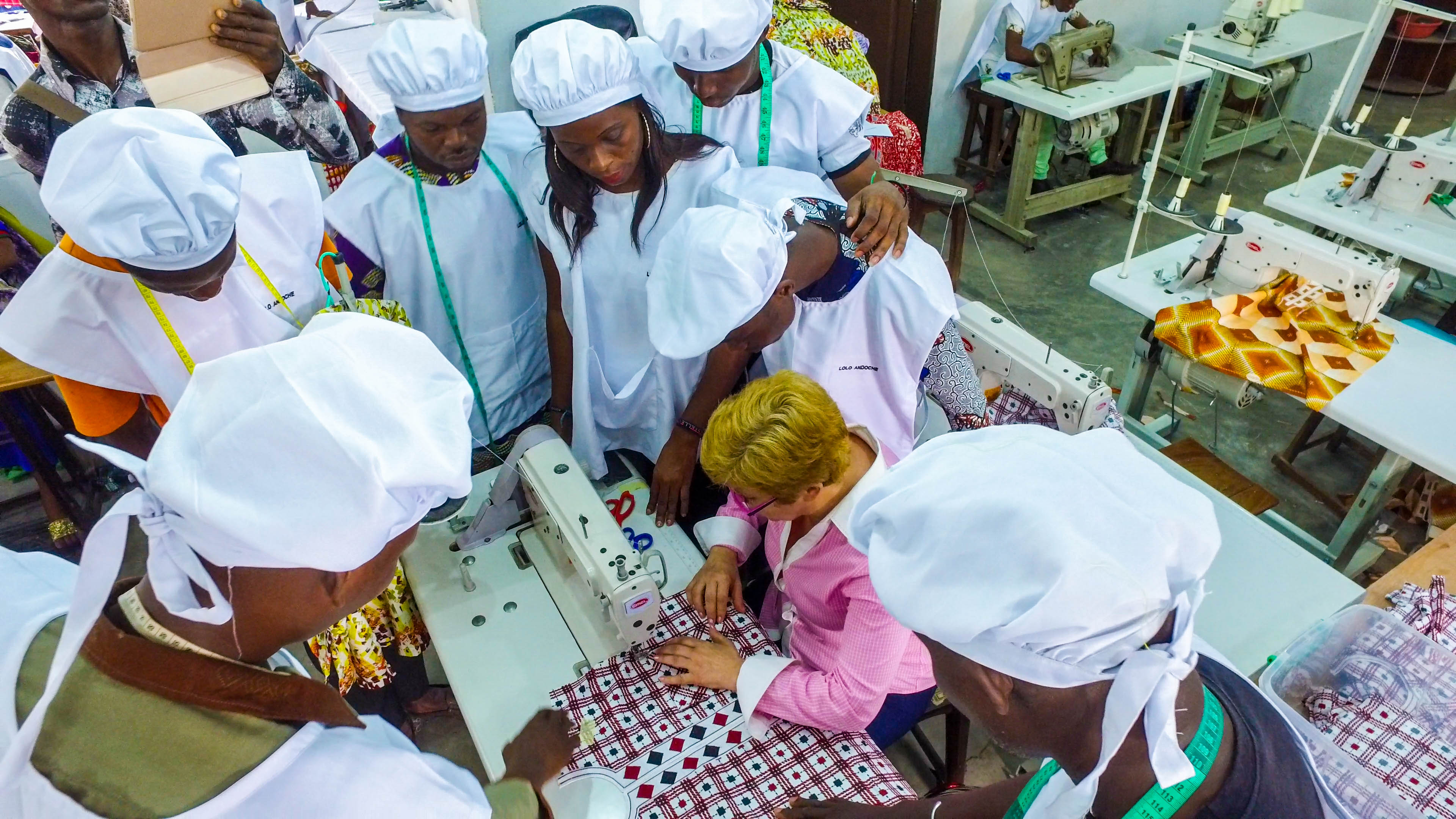
Small and medium enterprises form the very backbone of most economies around the world. They are particularly important for developing countries, which rely on them to create jobs and income. This is certainly the case for Benin, where small enterprises account for 90 per cent of the industrial sector.
Benin’s small enterprises however have difficulties to take off and to be competitive on the regional and international markets. This is among others due to the nature of their activities – which resembles that of artisanal enterprises – and to their inability to produce quality products.
In 2015, UNIDO and the Enhanced Integrated Framework (EIF) teamed up to help the country fight poverty and facilitate its integration into the global economy by improving the productivity of enterprises and ensuring products’ compliance with national and international quality and safety standards. The Productive and Commercial Capacity Building project – the PRCPC – was born.
Boosting enterprise competitiveness
The project supported a total of 31 enterprises – selected in partnership with Benin’s Office of Restructuring and Upgrading (BRMN) – in three priority sectors with high employment and export potential: agri-food – particularly pineapple, shea and cashew nuts – fish farming and textiles. With intensive support from national consultants coached by international experts, the enterprises were assisted in the development and implementation of action plans to transform their activities.

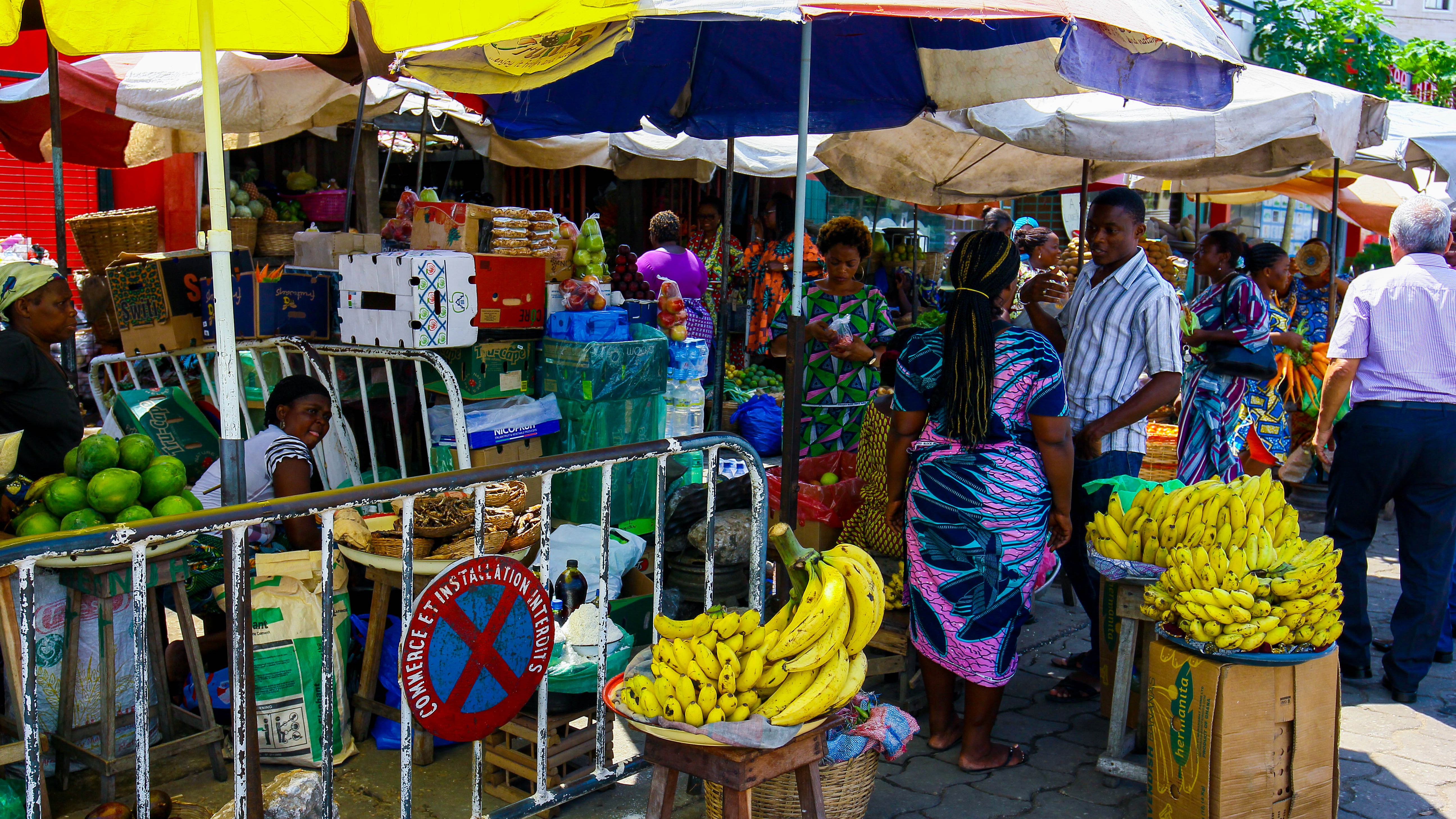
Agri-food: Shea
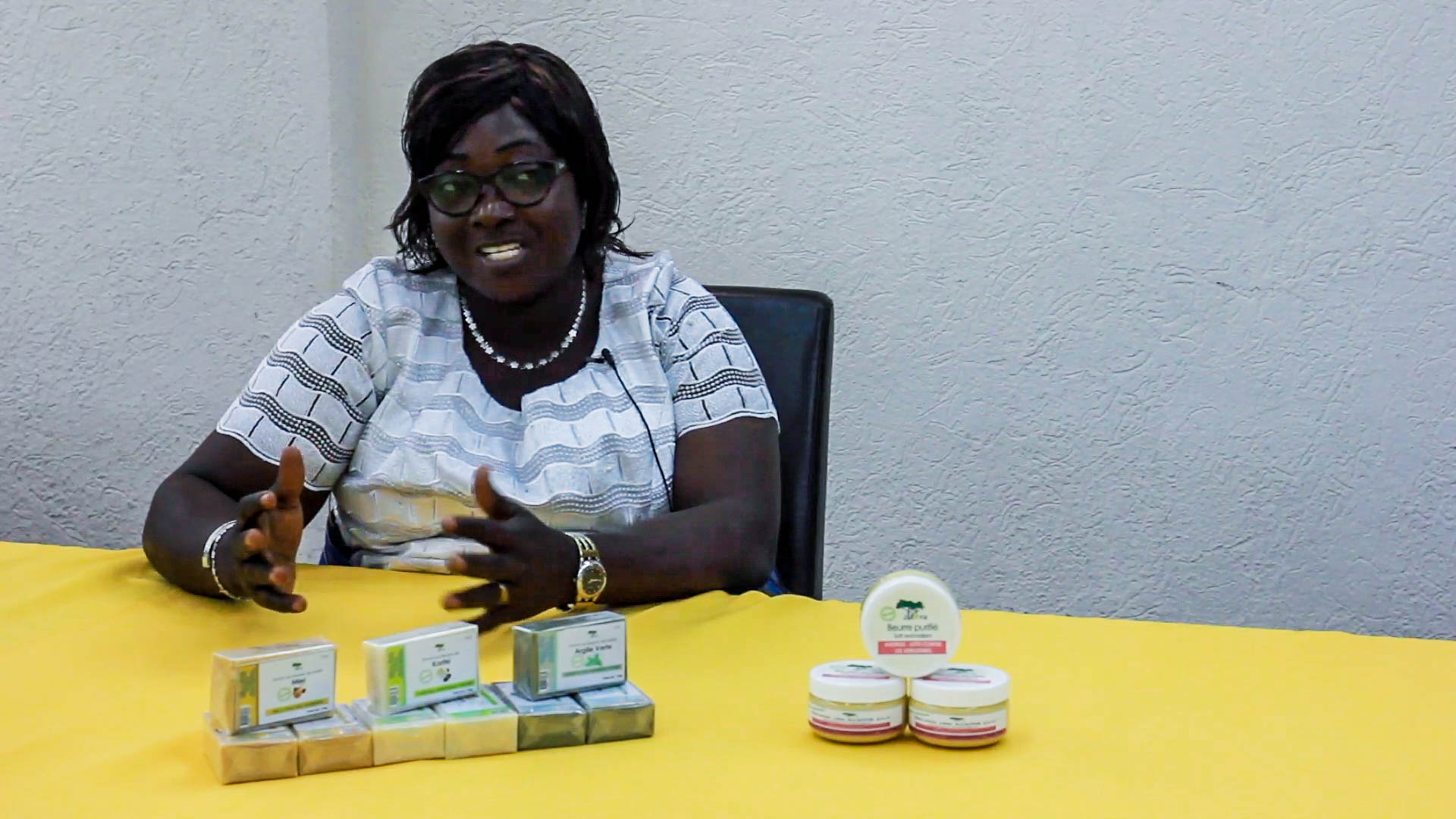 |
“We first received a diagnosis and then we received support to be more visible on the market in terms of quality,” said Mèmounatou Zacari Kora, head of the shea butter products enterprise, Zikora. “Thanks to the project, I do not see myself at the artisanal stage anymore. I want to sell my products very far. Soon, when I have my factory fully installed, trucks will load my products and bring them to the port of Cotonou.” |

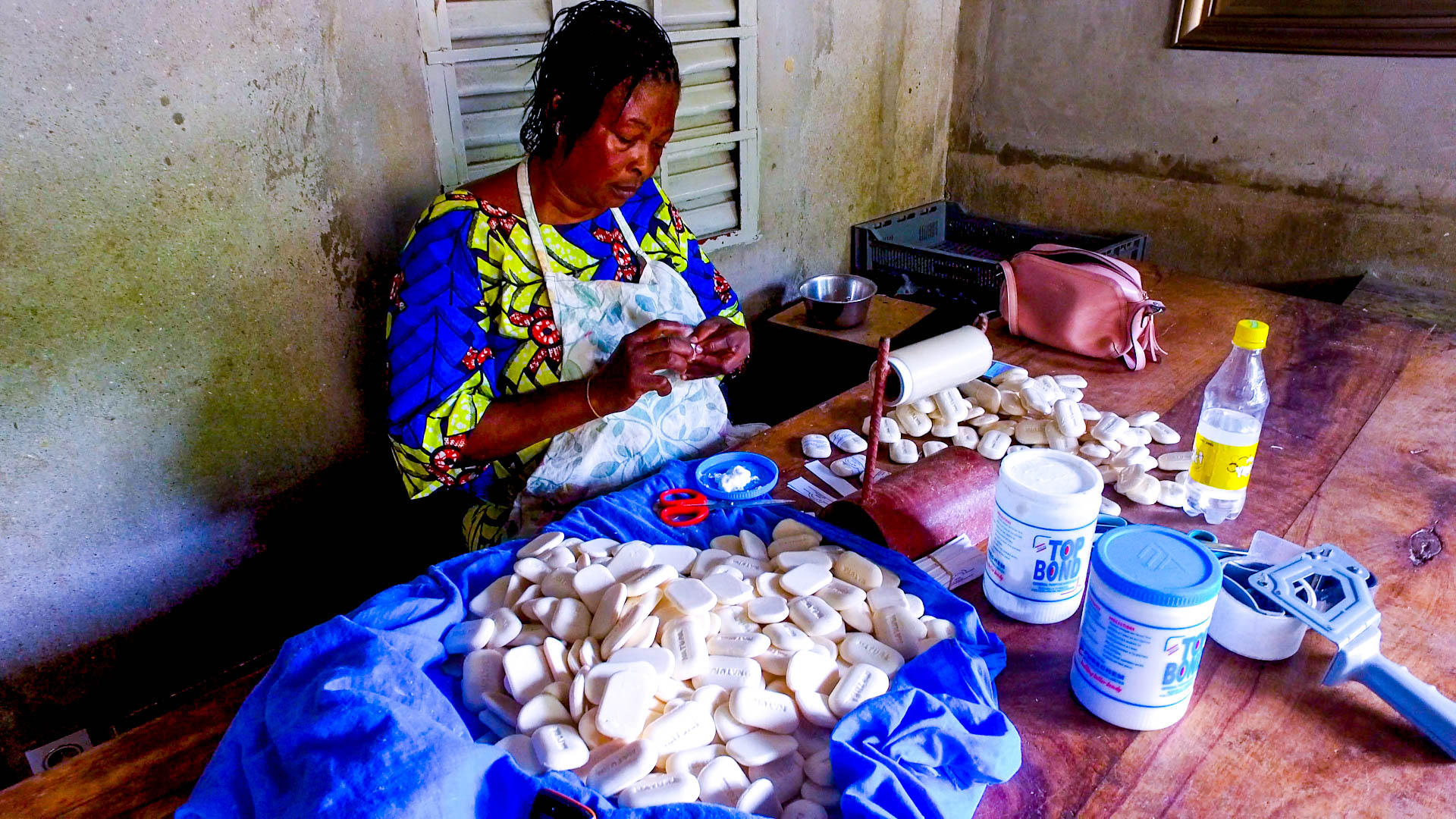
Fish-farming
Martial Kouderin, head of the fish farming enterprise, Petit Poisson, added: “Through the project we have already drawn up a certain number of plans, for example, to improve the productivity of our infrastructure, particularly on energy issues by using solar energy to ventilate our ponds. That will allow us to double or even triple production. Today, we also pretty much have finalized a document that can enable us to apply for the financing of investments on the farm.” |
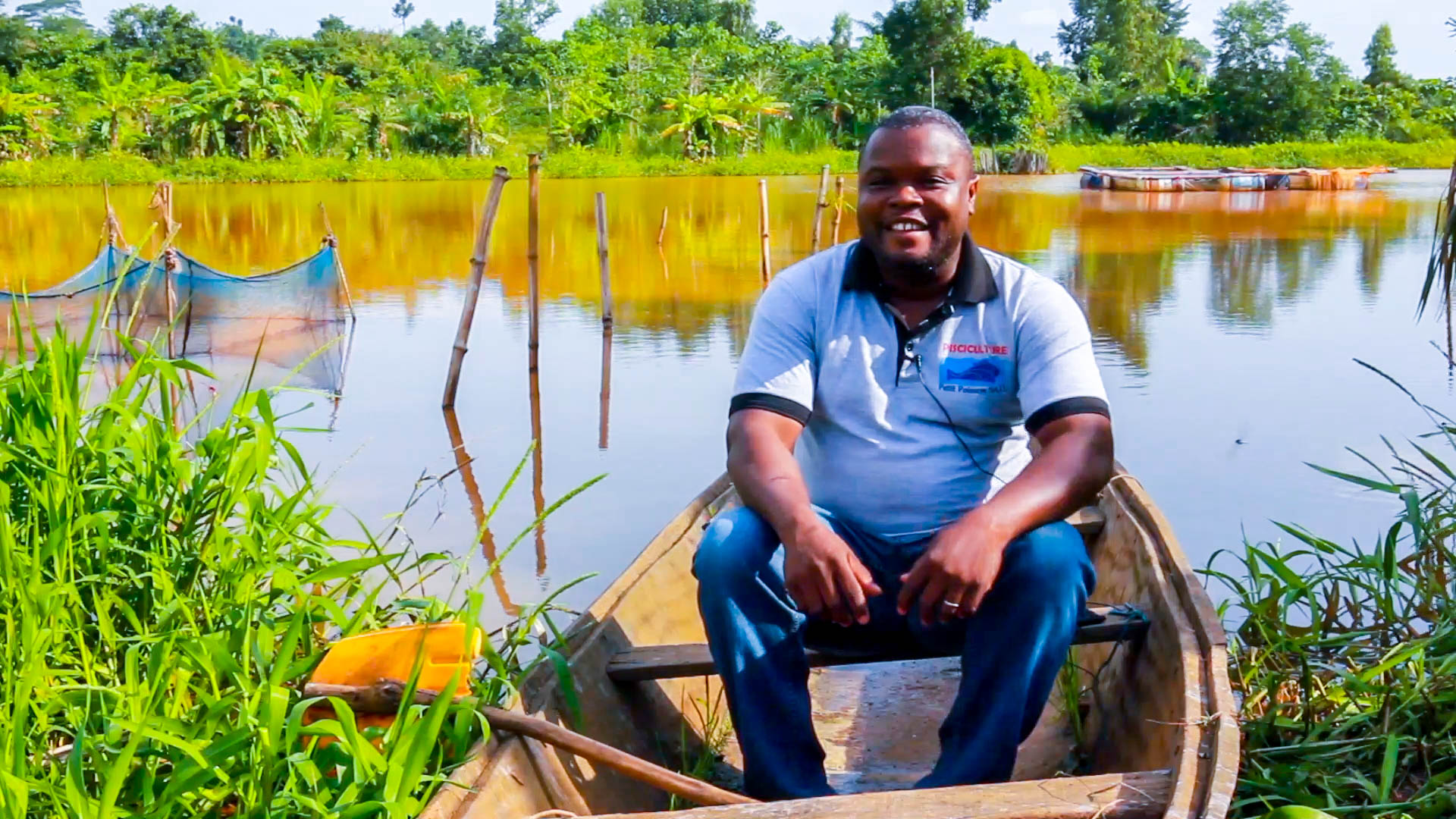
|
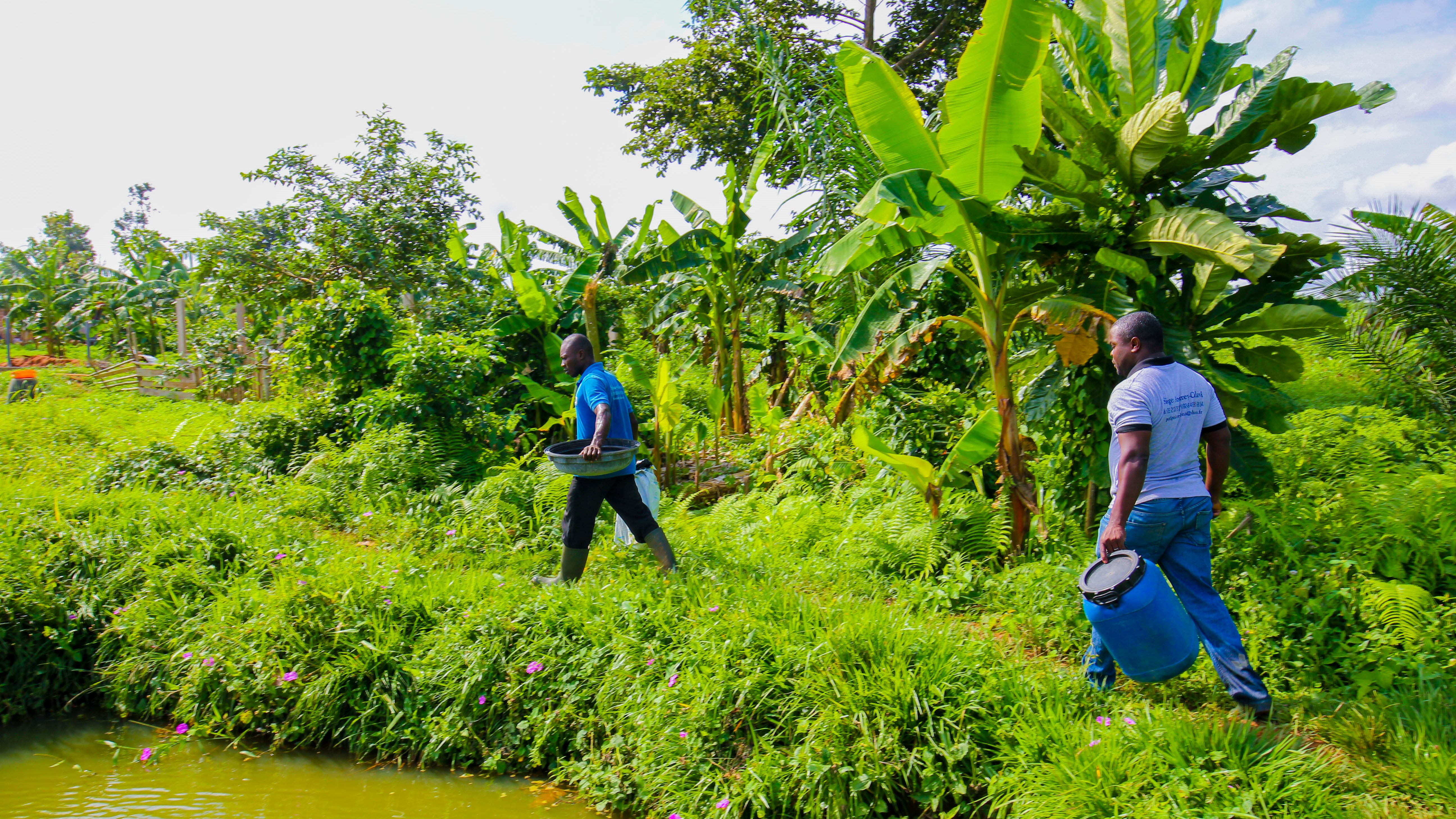

Textiles
The head of the clothing company, Lolo Andoche, Charlemagne Andoche, notes that a change of mentality was needed to upgrade his activities. Improvements made to the production chain allowed for an increase of productivity – going from producing 40 pieces to 150 pieces per day solely in the ready-to-wear production chain – with even better quality.
“Our company was not initially industrialized. The constant support of the experts and consultants helped (us) understand that we needed to change our habits to improve,” said Andoche. “We saw the importance of production chains to multiply our production and we now easily respond to the demand from our customers, which is expanding constantly. The dream of Lolo Andoche, and my dream in particular, is to produce hundreds and hundreds of articles per day. We want to go from 150, 300 pieces today, to 1,000 pieces a day.”

|
“We have a much better quality of work and a flawless finish due to the different training we have undergone,” added Charlemagne Andoche. |

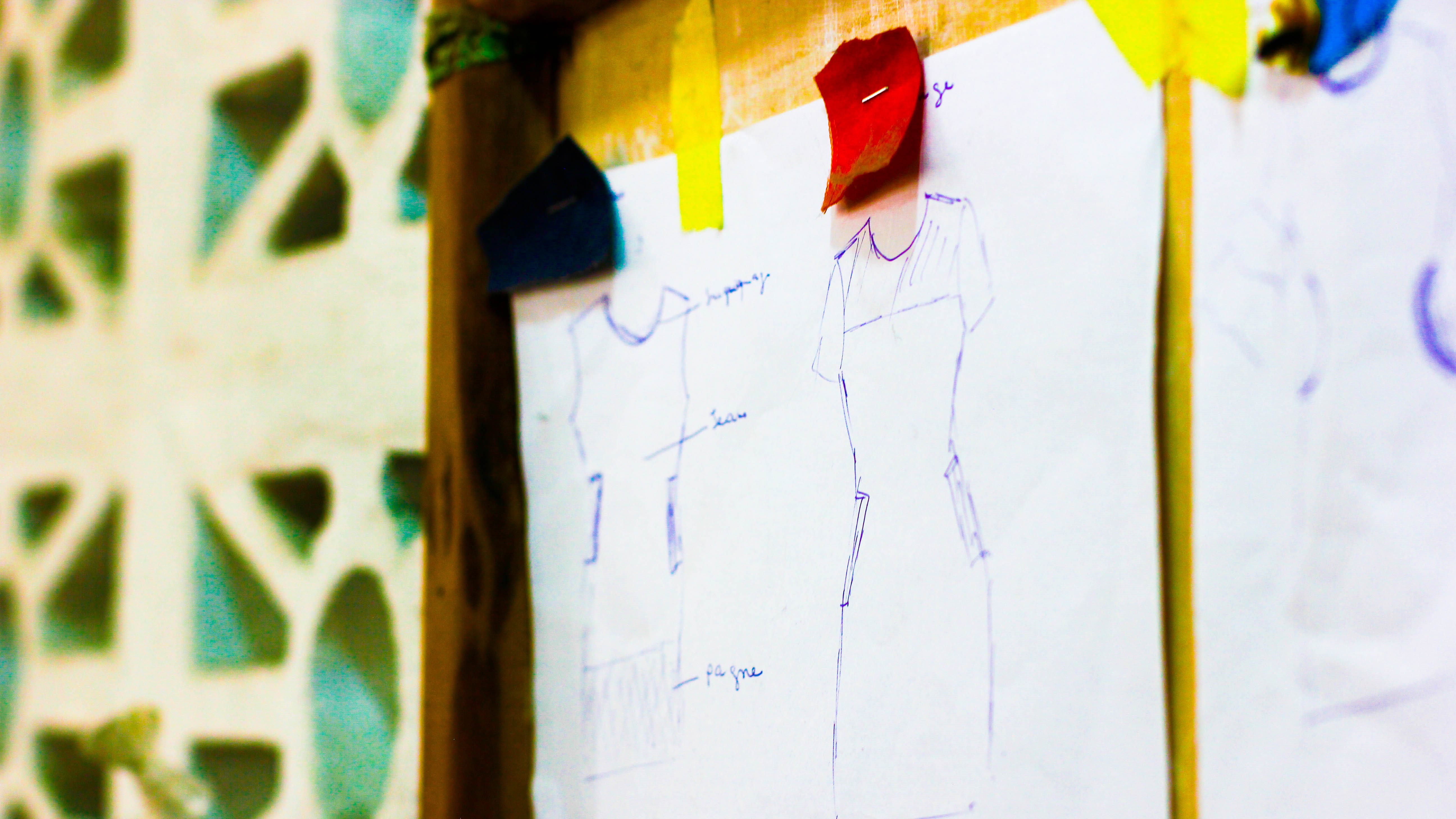
Agri-food: Cashew
For Placide Olufèmi Vigan,head of the cashew nuts enterprise, Free Cajou, the benefits of the project go way beyond the development of his own activities. “When we benefited from this project, there were new employees who were paid. We brought something on the plate of the State, and this brings added value. I think it's important for the country and the Beninese. It brings satisfaction to take someone out of the pool of unemployed.” |
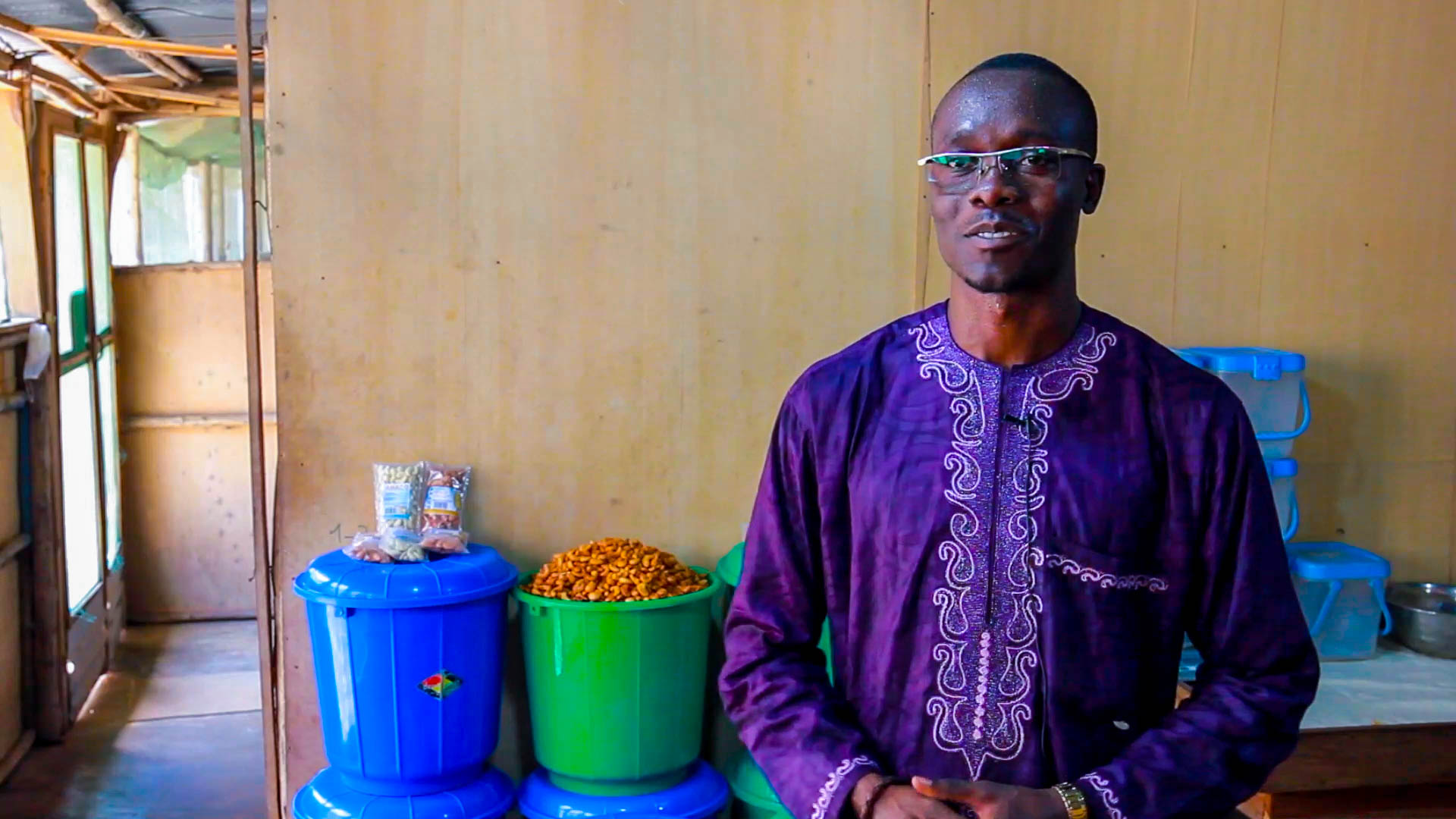
|


Overcoming technical barriers to trade
Demonstrating conformity of products with quality and safety standards and technical regulations is key to companies’ competitiveness and market access. In case of food products it is vital. This is why the project supported the development and adoption of a National Food Safety Policy which will prop up enterprise upgrading in terms of hygiene and food safety standards. The country’s traceability capacity also got a major boost through the establishment of a barcode system to help enterprises provide a secure image for their products and eventually gain trust.
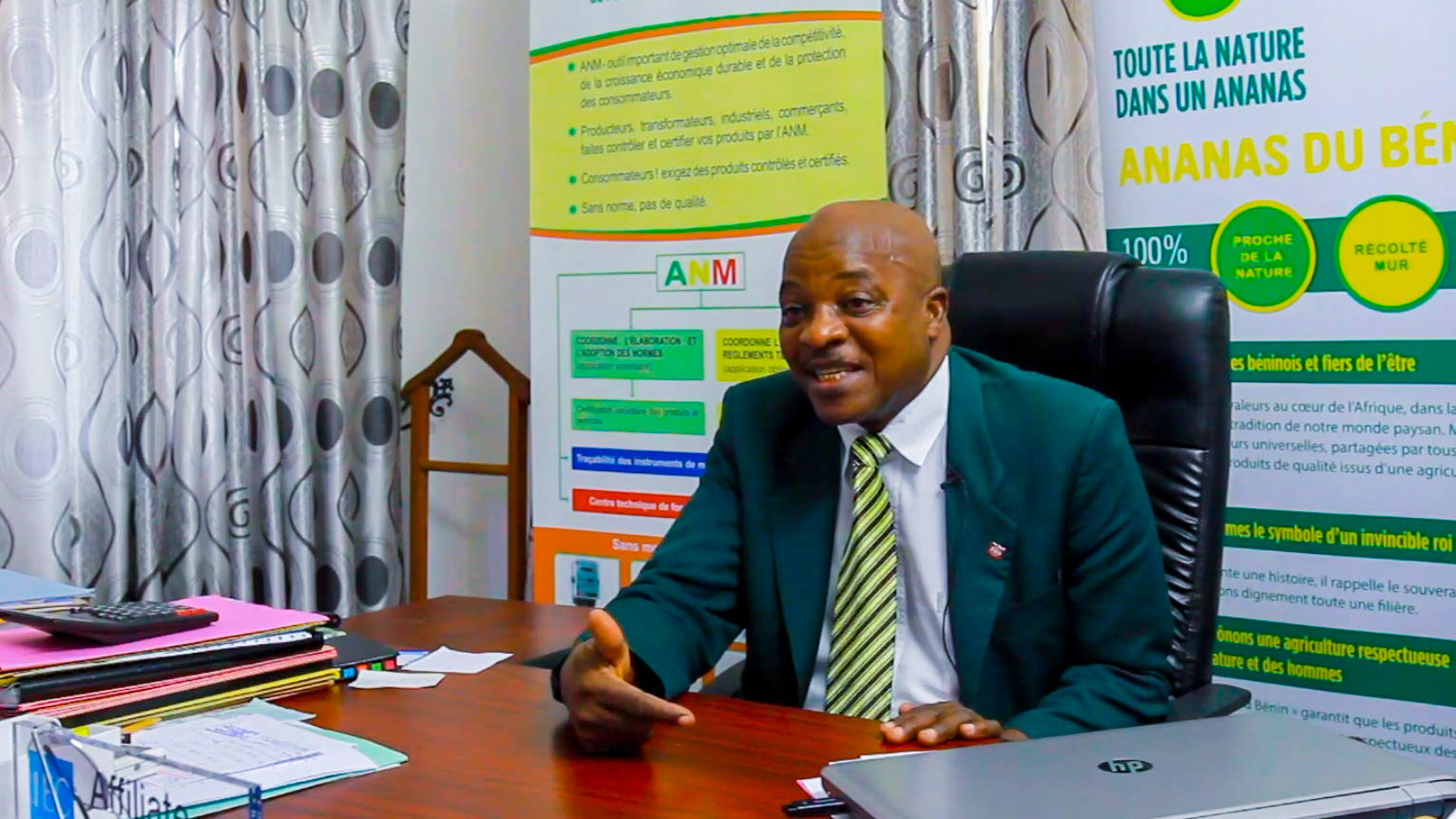
|
“We want to be the best on the world market. We often say: if you want your products to be preferred, you have to be noticed first. So, we are going to get noticed. We will be detected through the barcodes,” said Loukoumanou Osseni, Director General, ANM, host of the barcode tool. |
Multiplying customers and partners
Business-to-business trips were organized to Nigeria, Burkina Faso, Rwanda and Tunisia to promote the products of 17 Beninese companies and negotiate cooperation agreements. Three have already been signed to date.
“We went on a trip where we met with business partners for the development, the sale, and the increase of our market share. And that was really the apotheosis. We met people who are ready to accompany us and we are now ready to sign contracts,” said René C. Ahouanse. |
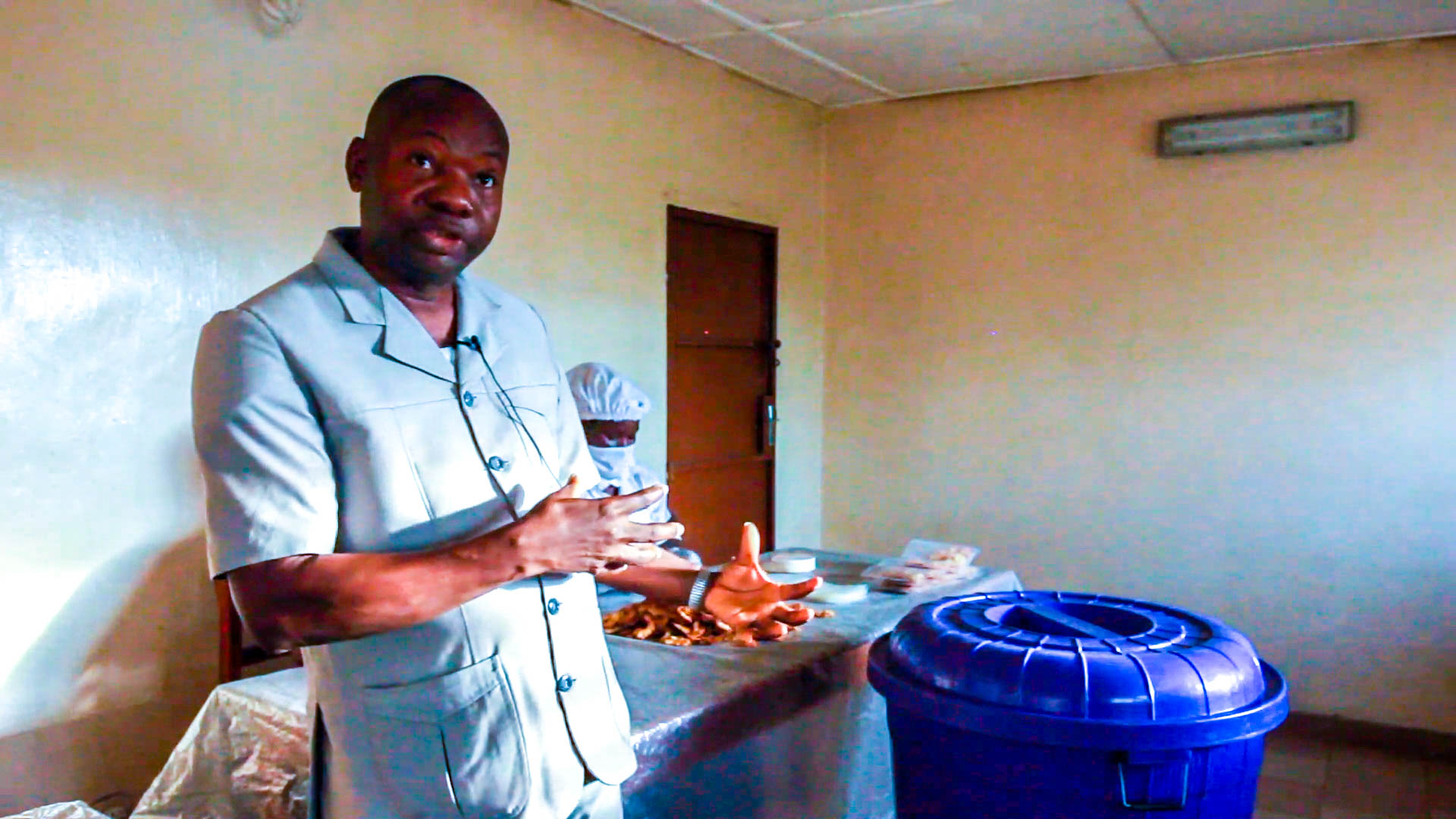
|
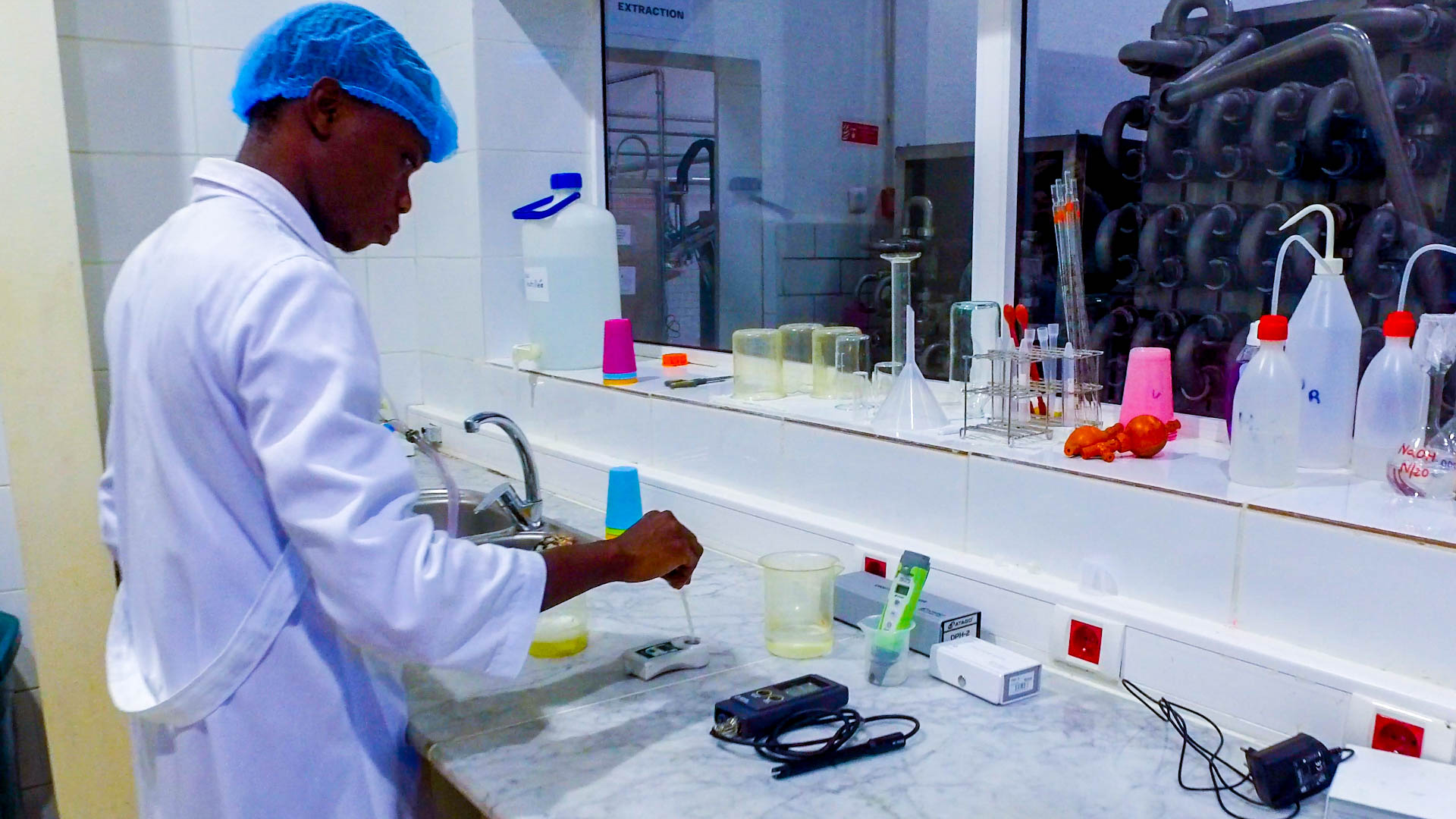

Ensuring long lasting impact
Necessary steps were taken to ensure the sustainability of the achievements. This was done through the coaching of the national consultants, as well as by working closely with national support structures – such as the BRMN – and the private sector to develop appropriate services.
“A key result of the project is without a doubt the capacity building of national consultants in the various technical areas concerned. Thirty-five of them are now able to independently assist enterprises with their specific modernization. This pool of experts is a true asset for the country’s future development,” said UNIDO Programme Manager, Bernard Bau.
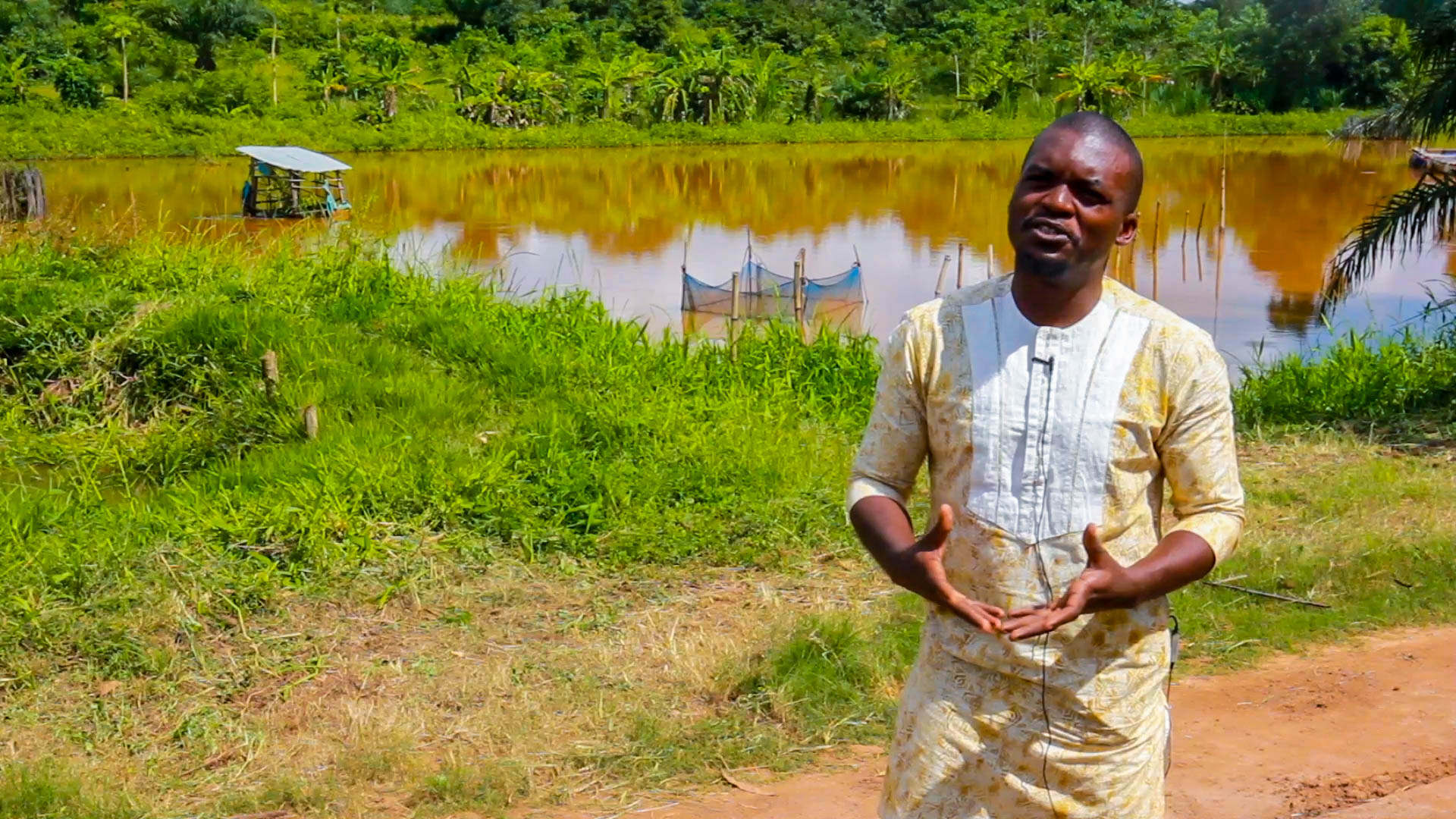
|
Thibaut Martins, one of the national consultants, endorses the project’s innovative approach: “We never stop learning and it is through the exchange of experiences that we can improve our skills. Involving international experts to accompany, support, coach the nationals, had a huge impact on the quality of the technical assistance we provided to the companies.” |